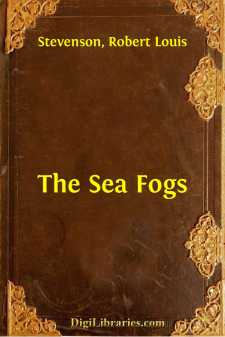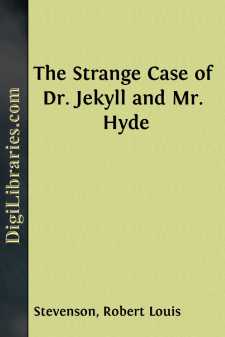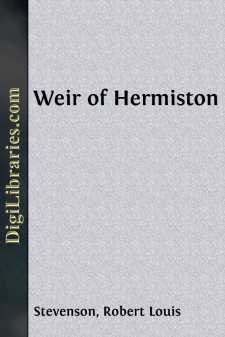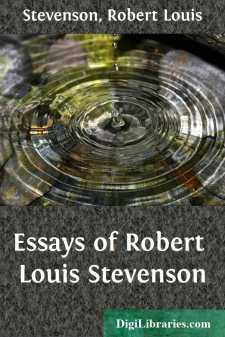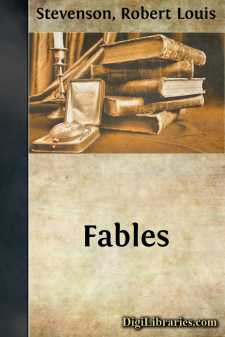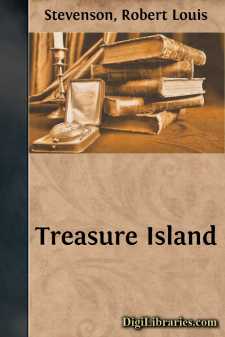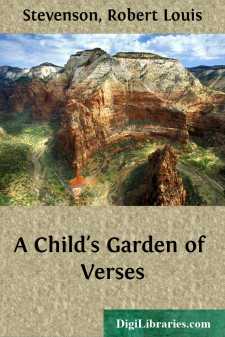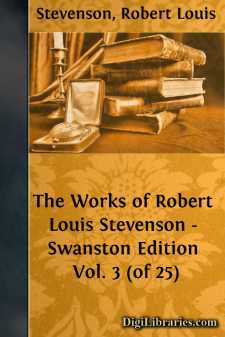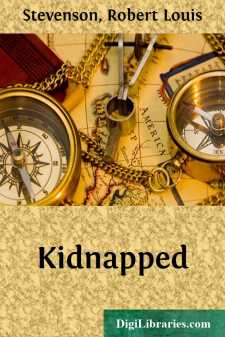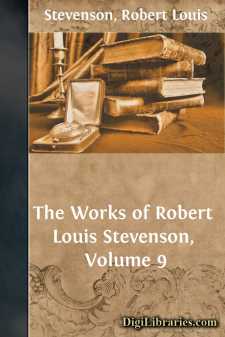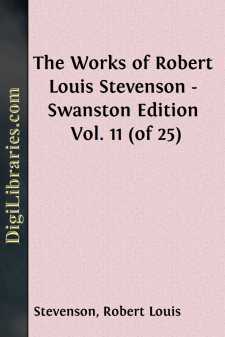Categories
- Antiques & Collectibles 13
- Architecture 36
- Art 48
- Bibles 22
- Biography & Autobiography 813
- Body, Mind & Spirit 142
- Business & Economics 28
- Children's Books 14
- Children's Fiction 11
- Computers 4
- Cooking 94
- Crafts & Hobbies 4
- Drama 346
- Education 46
- Family & Relationships 57
- Fiction 11829
- Games 19
- Gardening 17
- Health & Fitness 34
- History 1377
- House & Home 1
- Humor 147
- Juvenile Fiction 1873
- Juvenile Nonfiction 202
- Language Arts & Disciplines 88
- Law 16
- Literary Collections 686
- Literary Criticism 179
- Mathematics 13
- Medical 41
- Music 40
- Nature 179
- Non-Classifiable 1768
- Performing Arts 7
- Periodicals 1453
- Philosophy 64
- Photography 2
- Poetry 896
- Political Science 203
- Psychology 42
- Reference 154
- Religion 513
- Science 126
- Self-Help 84
- Social Science 81
- Sports & Recreation 34
- Study Aids 3
- Technology & Engineering 59
- Transportation 23
- Travel 463
- True Crime 29
The Sea Fogs
Description:
Excerpt
Introduction
Robert Louis Stevenson first came to California in 1879 for the purpose of getting married. The things that delayed his marriage are sufficiently set forth in his "Letters" (edited by Sidney Colvin) and in his "Life" (written by Graham Balfour). It is here necessary to refer only to the last of the obstacles, the breaking down of his health. It is in connection with the evil thing that came to him at this time that he first makes mention of "the sea fogs," that beset a large part of the California coast. He speaks of them as poisonous; and poisonous they are to any one who is afflicted with pulmonary weakness, but bracing and glorious to others. They give the charm of climate to dwellers around the great bay. How he took this first very serious attack of the terrible malady is indicated in the letter to Edmund Gosse, dated April 16, 1880. His attitude toward death is shown here, and is further shown in his little paper AEs Triplex, in which he successfully vindicates his generation from the charge of cowardice in the face of death. Stevenson's two distinguishing characteristics were his courage and his determination to be happy as the right way of making other people happy. His courage, far more than change of scene and climate, gave him fourteen more years in which to contribute to the sweetness and light of the world. These years were made fruitful to others by his determined happiness, a happiness in which the main factor, outside of his own determination, came from the companionship which his marriage brought to him. The great principles by which he lived influenced those who did not know him personally, through his gift of writing. He always maintained that it was not a gift but an achievement, and that any one could write as well as he by taking as much pains. We may well doubt the soundness of this theory, but we cannot doubt the spiritual attitude from which it came. It came from no mock humility, but from a feeling that nothing was creditable to him except what he did. He asked no credit for the talents committed to his charge. He asked credit only for the use be made of the talents.
Stevenson was married May 19, 1880. His health, which had delayed the marriage, determined the character of the honeymoon. He must get away from the coast and its fogs. His honeymoon experiences are recorded in one of the most delightful of his minor writings, "The Silverado Squatters." He went, with his wife, his stepson and a dog, to squat on the eastern shoulder of Mount Saint Helena, a noble mountain which closes and dominates the Napa Valley, a wonderful and fertile valley, running northward from the bay of San Francisco. Silverado was a deserted mining-camp. Stevenson has intimated that there are more ruined cities in California than in the land of Bashan, and in one of these he took up his residence for about two months, "camping" in the deserted quarters of the extinct mining company. Had he gone a little beyond the toll-house, just over the shoulder of the mountain, he would probably never have seen the glory of "the sea fogs." It would have been better for his health but worse for English literature....


